Country Property
jdonl061
9 years ago
Related Stories
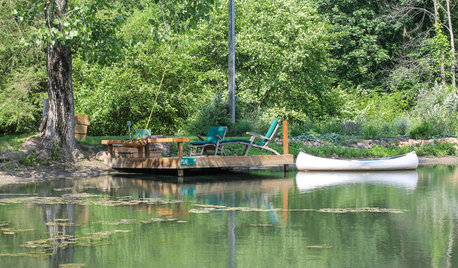
MY HOUZZMy Houzz: A Dream of Country Living Comes True
A couple garden and raise chickens in their retreat-like historic Maryland property, learning as they go
Full Story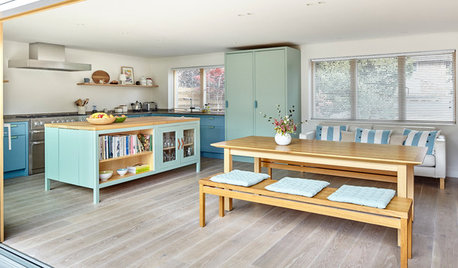
HOMES AROUND THE WORLDHouzz Tour: English Country Home Refurbished for Modern Living
Sunlight, soothing colors and natural materials transform the property from a muddled and dated space into a light, welcoming home
Full Story
TRADITIONAL HOMESHouzz Tour: Historic Manor House Regains Its Country Style
A neglected 11th-century property is restored to its former glory as a traditional family home
Full Story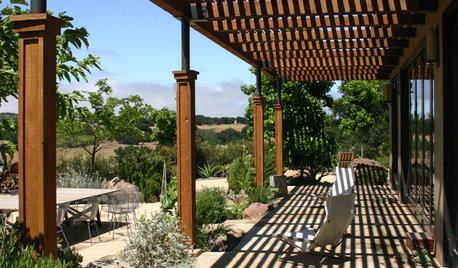
PATIOSPatio Details: A Shaded Patio Opens Up the View in Wine Country
A Douglas fir and metal pergola offers shelter from the hot sun on this scenic California property
Full Story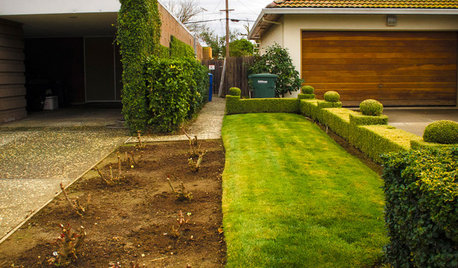
EXTERIORSWhere Front Yards Collide: Property Lines in Pictures
Some could be twins; others channel the Odd Couple. You may never look at property boundaries the same way again
Full Story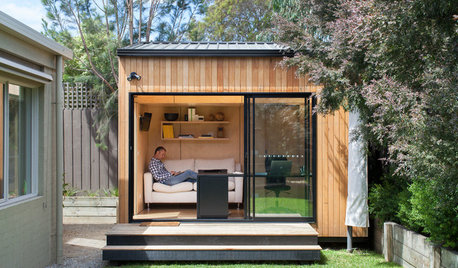
REMODELING GUIDESDesign Workshop: Is an In-Law Unit Right for Your Property?
ADUs can alleviate suburban sprawl, add rental income for homeowners, create affordable housing and much more
Full Story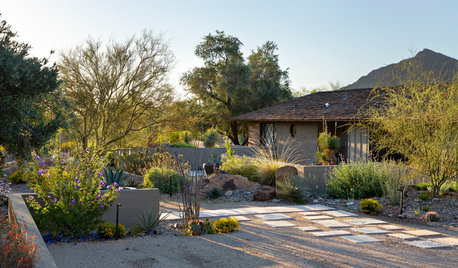
LANDSCAPE DESIGNFire-Wise Landscapes Can Help Keep Your Home and Property Safe
Choose fire-resistant plants and materials and create defensible areas using these design strategies
Full Story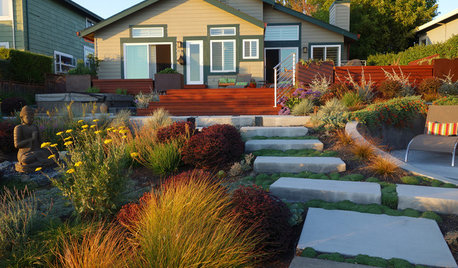
INSPIRING GARDENSInside Houzz: A Waterfront Property Ditches the Grass for a Garden
New drought-tolerant plantings and outdoor gathering spaces help this California backyard take in the view without wasting space or water
Full Story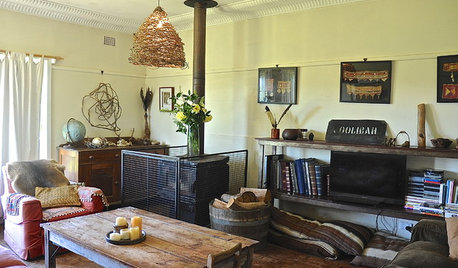
HOUZZ TOURSMy Houzz: Cozy Country Meets Bohemian Artistic in Australia
Healthy helpings of salvage and rustic art give a pastureland home free-spirited style
Full Story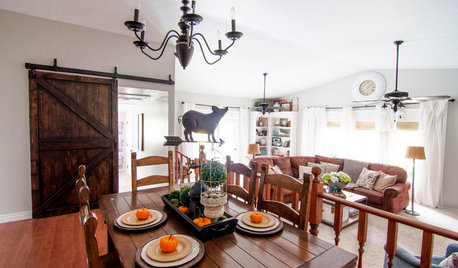
FARMHOUSESMy Houzz: A Country Farmhouse With Modern Touches in Idaho
Farmhouse-style design details and DIY touches come together in this family’s updated home
Full Story








snoonyb
duvetcover
Related Professionals
Daly City Architects & Building Designers · Ronkonkoma Architects & Building Designers · Buena Park Home Builders · Chula Vista Home Builders · Norco Home Builders · Parkway Home Builders · Banning General Contractors · Country Club Hills General Contractors · Mansfield General Contractors · Palestine General Contractors · Point Pleasant General Contractors · Randolph General Contractors · Universal City General Contractors · Villa Park General Contractors · Wheaton General Contractorsmushcreek
rrah
jdez
jdonl061Original Author
User